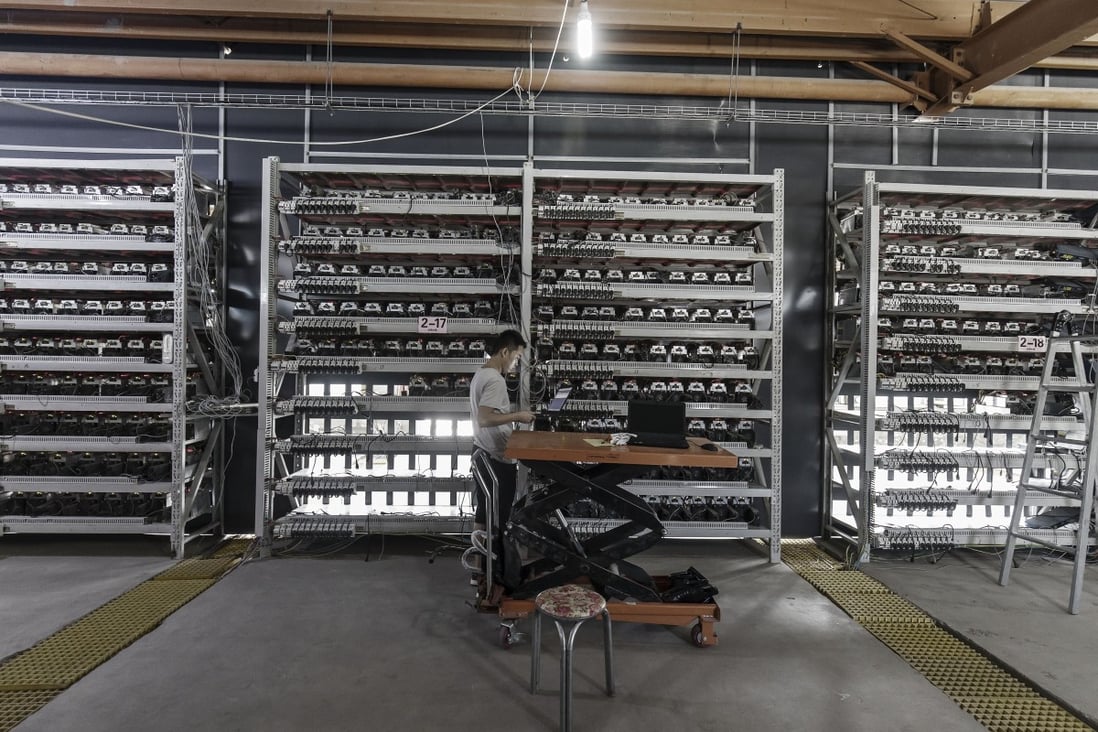
The local cyberspace administration of the northern Chinese province of Hebei said it has started a special campaign against cryptocurrency mining and trading because of environmental, financial and national security concerns – a fresh sign of Beijing’s determination to clamp down on this market.
Government agencies and state-owned companies were asked to inspect their information systems to root out any use of computing power for mining cryptocurrencies by the end of September, according to an online post by the provincial cyberspace administration on Tuesday. Universities and research institutes were told to scale down their systems to just the size required for academic needs.
The cyberspace administration in Hebei province, which surrounds Beijing, also said that regional internet authorities and financial regulations should enhance the collection of reports from whistle-blowers and the public. Starting next month, relevant government agencies will regularly monitor the situation and punish those who illegally mine and trade digital currencies.
Besides the Hebei internet watchdog, the province’s education, public security and telecoms regulators, as well as the provincial branch of the People’s Bank of China, are also involved in the campaign.
China’s bitcoin crackdown: what’s next for the original cryptocurrency?
“Mining cryptocurrency consumes huge amounts of energy, which goes against China’s carbon neutral peak objectives,” said Hebei‘s cyberspace administration in its post on Tuesday. “Its exchange and transaction are highly disruptive to the nation’s financial order, and the financial risk is big … Its proliferation and spread will seriously affect economic and social development, and directly threaten national security.”
Cryptocurrencies such as bitcoin are “mined” using large computer server arrays to complete complex calculations, an activity that uses large amounts of computing power and energy.
While the trading of cryptocurrencies has been banned in China since 2017 over fears they could pose a threat to financial markets, bitcoin mining had been permitted until May this year, when the State Council announced a crackdown following President Xi Jinping’s pledge for China to achieve carbon neutrality by 2060.
Mining hubs including Xinjiang, Sichuan and Yunnan, which together accounted for nearly 80 per cent of the computational power used in China to support the bitcoin network at one time, have all vowed to wipe out their mining farms. Before the recent crackdown, the country accounted for nearly half of the world’s computing effort used for mining, according to April data from the Cambridge Bitcoin Electricity Consumption Index.
Other provinces such as Inner Mongolia and Qinghai, the fifth and sixth largest bitcoin miners in China, have conducted similar campaigns as well. Gansu, the country’s seventh largest miner, started its crackdown last week.
Some big mining operators who operated in China have since migrated their projects overseas, primarily to the US and Central Asia. Total bitcoin hash rate has risen by more than 50 per cent from the July low, according to Blockchain.com.







